This is how we celebrated. Celebrating Hungarian science at KOKI in 2024
One thing is constant in science, and that is change. The only reason this is not a cliché is that we are doing much less science than we should. To change things for the better, we need even small events like KOKI's annual lectures for high school students, which have been available on the institute's YouTube channel for 5 years. This year's event took place on 4 November 2024.
The slogan "the future belongs to young people" would be very encouraging if we did not know that at least one fifth of Europe's population is currently functionally illiterate (theoretically able to read but practically unable to understand the context of the text they read). How can knowledge be a public good if it can only be shared with a few? Unfortunately, the situation is not promising, but our task is not to complain about it, but to do what we can to awaken and keep alive interest in science, to make research careers attractive, to find the most talented young people and help them to achieve their goals.
So we keep going and we've invited students from five secondary schools to join us on 4 November, and recorded the live presentations on our YouTube channel for others to listen to, anytime, anywhere.
In keeping with our tradition, we asked our nearly 60 guests to write a summary of their views, or just their own, with or without their names, and let us know what they thought of the four performances and how they enjoyed their stay. Hosts need to learn too.
As in previous years, not only the topics presented varied, but also the style of the speakers, and what was most appealing to whom was also influenced by individual interest and curiosity. The importance of curiosity was underlined by the introductory remarks of our Deputy Director, Academician László Acsády. The curiosity that drives today's researchers - and all researchers today - was already present in prehistoric man. Finding out "what lies beyond the mountain" was behind the curiosity of the most curious of cavemen to set out on voyages of discovery, even when neither inclement weather nor hunger provided any particular incentive, and led to man's step-by-step conquest of the continents.
In the first lecture, Zsolt Lele PhD presented the role of cellular connectivity in the nervous system, followed by Csaba Fekete PhD, DSc, who spoke about the study of the nervous system processes that regulate body weight. Balázs Pósfai PhD introduced the audience to the microglia, the perfect "assistant" of the nervous system, while Christina Miskolczi PhD taught about the "etiology" of fighting between mice.
According to a student from the first-ever Franciscan High School in Szentendre, the lectures were "fantastic, complex, interesting, but a 12th grade student in a faculty had to understand what they were talking about. . .. we got a great perspective of what it would be like to sit in a university lecture." This comment, particularly in the context of Csaba Fekete's (PhD) logical, serious lecture, was echoed by others.
Students from Fazekas High School in Budapest also appreciated that Zsolt Lele not only presented his own topic in a way that they could understand, but also prepared them well for understanding the other lectures with a brief introduction to the central nervous system.
The students of Baár-Madas Secondary School, Budapest were most interested in the topic of microglia and brain imaging, and this was certainly helped by the excellent, dynamic presentation of Balázs Pósfai, a former Baár-Madas student who has already held a real Nobel Prize medal in his hands!
The presentation by Christina Miskolczi also made them think about the deep scars that childhood experiences can leave in us and how society can hardly help the neurological damage of neglected children.
The student of the Lovassy László High School in Veszprém also considered it important to emphasize that "Every performance at the end of each lecture, we were able to ask questions related to the topic and received detailed answers. The speakers were very direct. "
After the sandwich lunch, groups of students from the five high schools visited five laboratories in a rotating stage. All agreed that the light and electron microscopes presented to them, which meet the high standards of today's experiments, and the "Intellicage" unit designed for mouse behaviour studies, were "impressive", and the mouse experiment with the Miniscope on optical manipulation of local cells was considered a stroke of genius. It must be underlined that Zsolt Borhegyi PhD, Noémi Holderith PhD, Szilvia Kőszegi PhD, Andrea Lőrincz PhD, Pál Vági PhD, with patience and perseverance, presented everything five times and was ready to answer the students' questions.
There was also agreement that a break between lectures would be useful - this can be arranged for next year - and fewer lab visits, but a little longer, would provide a more lasting experience. Unfortunately, due to the size of the laboratories and time constraints, we do not have a solution at the moment.
And to conclude, read the drifting and honest report from the Városmajor High School, which hopefully may awaken your curiosity for science, research and also for getting to know our institute:
"In short, I can say that I really enjoyed the whole programme, and although I very much enjoy giving somewhat pessimistic and negative reviews, I cannot at the moment.
The lectures and the topics were very interesting and also thought-provoking, especially in the sense that I was able to transfer a lot of it to my own life and even pass on the information at home, even though my family members' interests are basically quite far from science. I think for them there was something they found enjoyable, or at least useful.
The lab visits were also fascinating, although there was a little less time to visit the sections, and perhaps if we had visited fewer labs but spent more time there, I might have had a slightly more lasting memory.
I hope to be part of the programmes again." N.Adila N.





